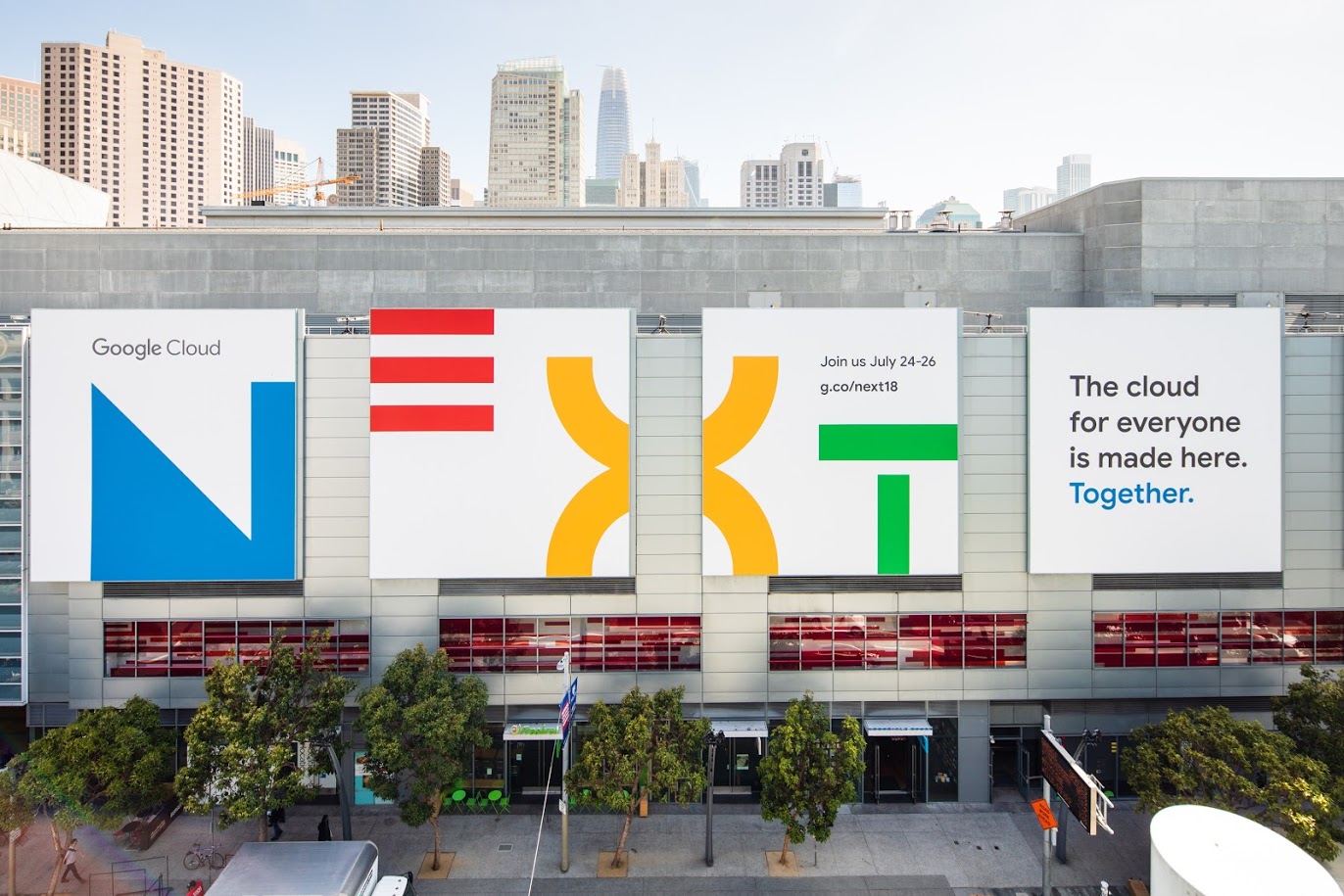Google: Enterprise customers "feel a little stuck" on cloud
The company reveals $30 billion cloud investment

Sign up today and you will receive a free copy of our Future Focus 2025 report - the leading guidance on AI, cybersecurity and other IT challenges as per 700+ senior executives
You are now subscribed
Your newsletter sign-up was successful
Google rolled out high profile customers in London today as it revealed a $30 billion build-out of its cloud platform, designed to help it catch up to market leader Amazon Web Services (AWS).
The Android developer has invested $30 billion over the past three years in its cloud infrastructure and new capabilities to help customers transition from legacy systems, as it tries to chip away at rivals AWS and Microsoft Azure.
Google doesn't break out GCP financials, but AWS grew 42% in its latest quarter, and Microsoft said Azure sales jumped 93%. Synergy Research Group pegged Google's cloud growth at above 80%, but said AWS's revenues were bigger than those of Google, Microsoft, IBM, Alibaba and Oracle combined.
However, speaking during the keynote address at Google Cloud Next conference today, Google Cloud senior vice president Diane Greene explained that Google has spent the last year "building out our organisation", allowing for customers to take advantage of a range of engineering capabilities.
"We have been out talking with you, and some of our enterprise customers feel a little stuck. 'How do I get started, what's the first thing to do, which people do I train to do this?'" she said.
"The original poster child for the cloud was Netflix, but they spent about seven years moving to the cloud with a crackerjack team of technical people, said Greene. "But that's really changed. What we bring is a really clear methodology - a set of tools that marry with your platform."
Aside from solutions architects, professional services, and sales engineers already on offer, Google was keen to show off its Customer Reliability Engineers (CREs), modelled on its own site engineers, who act as consultants to organisations in the process of moving to GCP.
Sign up today and you will receive a free copy of our Future Focus 2025 report - the leading guidance on AI, cybersecurity and other IT challenges as per 700+ senior executives
"We're creating this long term value no matter what. Whether you are running a bank, running a hospital, building a game, building media, making energy... every vertical in every corner of the globe we're working with you. We have invested heavily - we have spent $30 billion over the last three years."
Joining the stage was David Knott, chief architect at HSBC, who explained that the bank is currently in the process of migrating to Google Cloud (as well as using Oracle for ERP). The bank has spent the past six months working with Google, and is soon ready to go live with a system that incorporates Google's data analytics and machine learning.
"The reason we have taken this time is that we take security, risk and compliance incredibly seriously," said Knott. "Our customers trust us to manage and keep private their personal data. We have spent our time making sure we understand fully all the security capabilities Google Cloud can provide. We're confident we have secured them, and we're just about to go live."
UK cosmetics retailer Lush also announced it has worked with Google to migrate its e-commerce site to the cloud. Over the course of 22 days, the company was able to migrate its entire commercial front to GCP, including 17 websites, iOS and Android apps, and the in-store till system.
As an added incentive, Google has also restructured its price plan by building on the Sustain Use discount scheme introduced in 2014, which discounts cloud prices based on monthly usage. Under the new Committed Use discount, companies will now be able to buy memory and cores in bulk, and change physical machine architectures at any time without the need to inform Google. Those who don't qualify for Committed Use automatically get Sustain Use discounts.
"53% of cloud users said that dealing with capacity planning and price management is their biggest pain point," said Brian Stevens, VP of Google Cloud. "In GCP, you only pay for what you use. You get augmented discounts based on what you use." As a result, customers are able to get up to 60% discounts with no up-front costs, according to Google.
Dale Walker is a contributor specializing in cybersecurity, data protection, and IT regulations. He was the former managing editor at ITPro, as well as its sibling sites CloudPro and ChannelPro. He spent a number of years reporting for ITPro from numerous domestic and international events, including IBM, Red Hat, Google, and has been a regular reporter for Microsoft's various yearly showcases, including Ignite.
-
 Will a generative engine optimization manager be your next big hire?
Will a generative engine optimization manager be your next big hire?In-depth Generative AI is transforming online search and companies are recruiting to improve how they appear in chatbot answers
-
 European Commission clears Google’s Wiz acquisition, citing 'credible competition' from Amazon and Microsoft
European Commission clears Google’s Wiz acquisition, citing 'credible competition' from Amazon and MicrosoftNews Regulators said there are “several credible competitors” to Google regardless of the acquisition